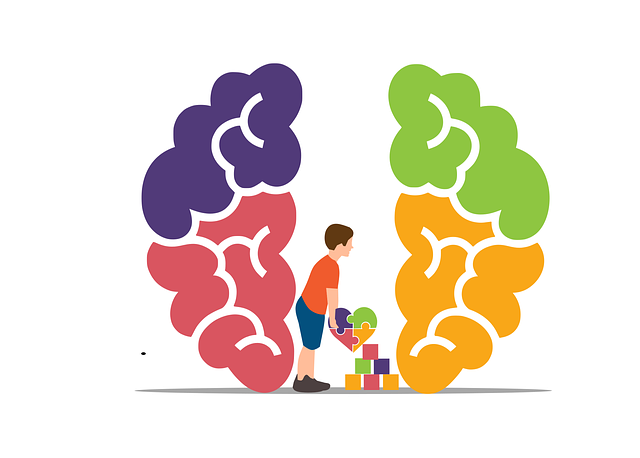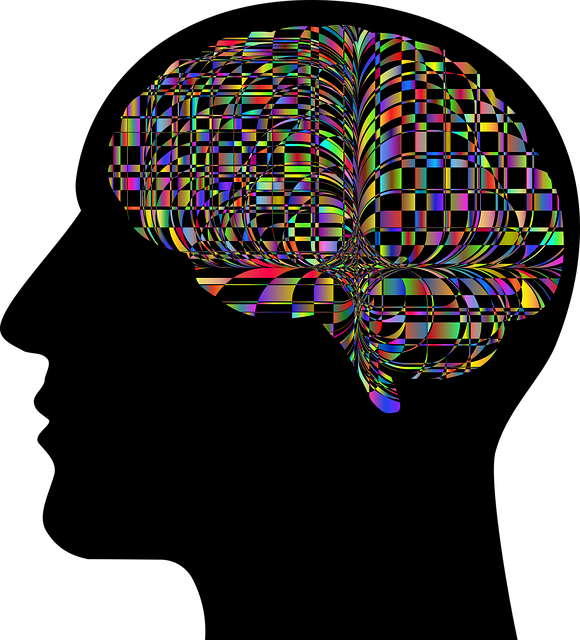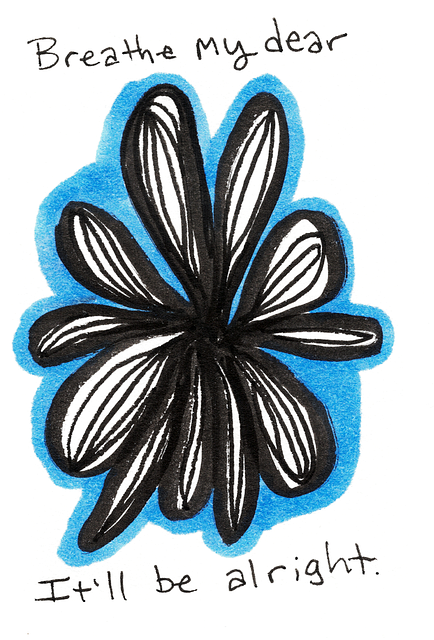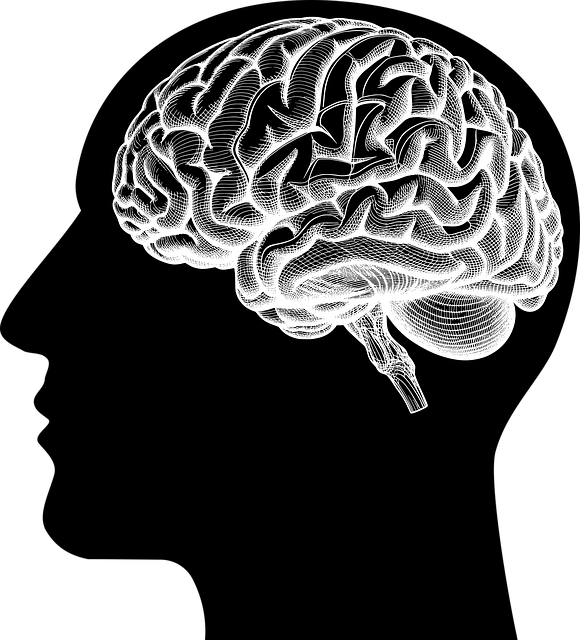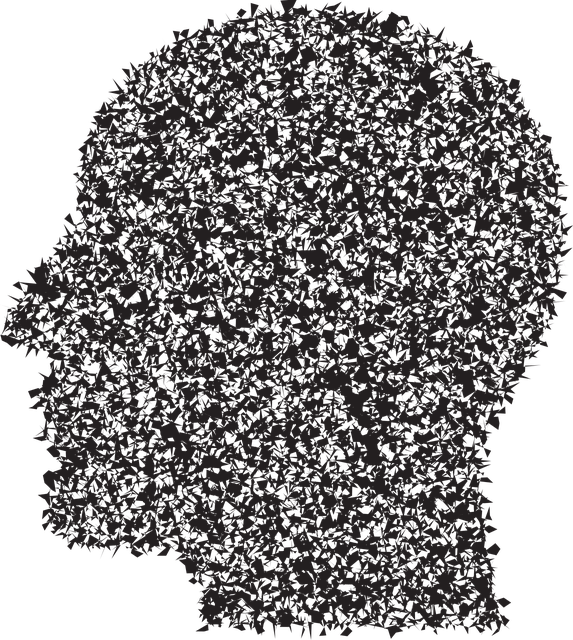Northglenn Play Therapy utilizes the Resource, Facilitation, and Motivation (RFM) model, a holistic approach focused on internal & external supports, safe emotional exploration, and growth-oriented activities to build resilience in children and adolescents. Through creative play sessions, therapists guide clients to navigate challenges adaptively, promoting self-care and empowering them to overcome obstacles. Success is measured through both qualitative feedback and quantifiable metrics like emotional well-being tracking, ensuring the RFM framework remains effective and tailored to evolving client needs.
“Discover how Northglenn Play Therapy is pioneering resilience-building techniques through the implementation of RFM (Recovery, Flexibility, and Mastery) exercises. This therapeutic approach aims to empower individuals, especially in challenging times. The article explores the profound role of RFM in fostering adaptability and coping skills, with a focus on practical applications within Northglenn’s unique play therapy setting. Learn about measuring success and tailoring this framework for optimal results.”
- Understanding RFM and Its Role in Resilience Building
- Implementing RFM Exercises in Northglenn Play Therapy
- Measuring Success and Adjusting the RFM Framework
Understanding RFM and Its Role in Resilience Building

Resilience is a vital aspect of mental well-being, enabling individuals to navigate life’s challenges and setbacks with adaptability and bounce back. Northglenn Play Therapy recognizes this critical component in fostering healthy development and offers specialized services tailored to build resilience, especially for children and adolescents. The Resource, Facilitation, and Motivation (RFM) model is a powerful framework employed in these therapeutic practices.
RFM focuses on three key elements: resources, facilitation, and motivation. Resources refer to the internal and external supports an individual possesses, such as coping strategies, social networks, and problem-solving skills. Facilitation involves creating a safe and supportive environment where individuals can explore their thoughts and emotions freely. Motivation is about encouraging clients to engage in activities that promote personal growth, resilience, and positive mental health. By integrating these concepts, Northglenn Play Therapy designs Mental Health Education Programs that cater to diverse cultural backgrounds, ensuring Cultural Sensitivity in Mental Healthcare Practice while addressing burnout prevention. This holistic approach empowers individuals to develop adaptive coping mechanisms, enhancing their overall resilience.
Implementing RFM Exercises in Northglenn Play Therapy

In Northglenn Play Therapy, implementing RFM (Resilience, Flexibility, and Mastery) exercises has proven to be a transformative approach in fostering resilience among clients. These therapeutic activities are designed to help individuals navigate life’s challenges with increased adaptability and a sense of control. Through play, art, and other creative mediums, therapists guide clients to explore their emotions, develop coping strategies, and build inner strength.
The integration of RFM exercises into Northglenn Play Therapy caters to the holistic well-being of each client. By promoting self-care practices and encouraging a growth mindset, these sessions empower individuals to confront and overcome obstacles. Moreover, such initiatives contribute to public awareness campaigns development, highlighting the importance of mental health and emotional resilience in daily life. Mind Over Matter principles are at the core of these exercises, teaching clients to manage stress, regulate emotions, and cultivate a positive outlook—all essential components for building long-term resilience.
Measuring Success and Adjusting the RFM Framework

Measuring success and adjusting the RFM framework is a crucial step for any Northglenn Play Therapy organization looking to build resilience through their exercises. While qualitative feedback from participants can offer valuable insights, quantifiable metrics are essential to gauging the impact of these initiatives. This includes tracking changes in emotional well-being, stress levels, and overall life satisfaction before and after the sessions. The Stress Management Workshops Organization often employs surveys and interviews to collect this data, ensuring that the RFM framework remains effective and aligned with participants’ needs.
Regularly reviewing and adjusting the RFM framework is just as important. By analyzing participant outcomes, therapists can identify areas for improvement and tailor future sessions accordingly. For instance, if Mindfulness Meditation proves particularly beneficial for reducing anxiety, this insight could lead to a more focused approach in subsequent Crisis Intervention Guidance sessions. Such adaptability ensures that Northglenn Play Therapy remains dynamic and responsive to the evolving needs of its clients.
The implementation of RFM (Resilience, Flexibility, and Mastery) exercises in Northglenn Play Therapy has shown promising results in building resilience among clients. By integrating these strategies, therapists can create a supportive environment that fosters adaptability and empowers individuals to navigate challenges effectively. Measuring success through client progress and feedback highlights the importance of tailoring the RFM framework to individual needs. This personalized approach ensures that Northglenn Play Therapy continues to be a game-changer in enhancing resilience and well-being.

